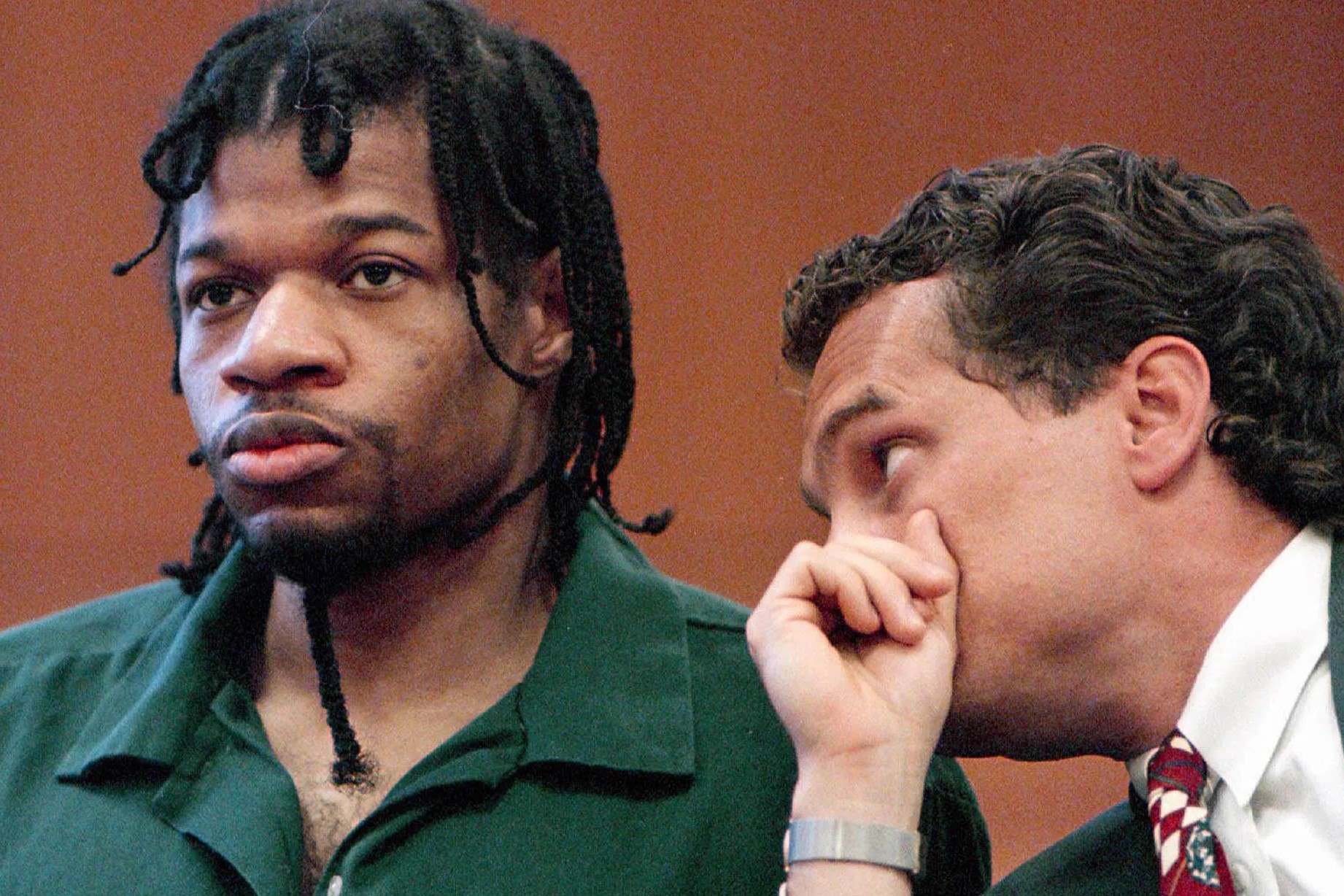
Who is Christopher Scarver? Christopher Scarver is a name that often pops up in discussions about infamous criminals. Born in Milwaukee, Wisconsin, Scarver became widely known for his involvement in a high-profile prison incident. He was already serving a life sentence for murder when he gained notoriety for killing fellow inmates Jeffrey Dahmer and Jesse Anderson in 1994. Scarver's actions and the circumstances surrounding them have sparked numerous debates and theories. His story is a mix of crime, punishment, and mental health issues, making it a compelling topic for true crime enthusiasts. Let's dive into 25 intriguing facts about Christopher Scarver.
Who is Christopher Scarver?
Christopher Scarver is a name that often comes up in discussions about crime and justice. He gained notoriety for his actions while incarcerated. Here are some intriguing facts about him.
-
Christopher Scarver was born on July 6, 1969. He grew up in Milwaukee, Wisconsin, where he faced numerous challenges during his early years.
-
He dropped out of high school. Scarver left James Madison High School in the eleventh grade, which limited his future job prospects.
-
Scarver's life took a dark turn in 1990. He was convicted of first-degree murder for killing a co-worker at the Wisconsin Conservation Corps.
-
He was sentenced to life in prison. Scarver received a life sentence without the possibility of parole for his crime.
The Infamous Incident in Prison
Scarver's notoriety skyrocketed due to a particular incident that occurred while he was serving his sentence. This event brought him into the public eye.
-
On November 28, 1994, Scarver killed two fellow inmates. These inmates were Jesse Anderson and Jeffrey Dahmer, the infamous serial killer.
-
The murders took place at the Columbia Correctional Institution. Scarver attacked both men with a metal bar from the prison weight room.
-
Scarver claimed he was provoked. He stated that Dahmer and Anderson had taunted him, which led to the violent outburst.
-
He was found guilty of the murders. Scarver received two additional life sentences for the killings of Dahmer and Anderson.
Life in Prison
Scarver's life behind bars has been marked by various incidents and developments. His time in prison has been anything but ordinary.
-
Scarver has been diagnosed with schizophrenia. This mental health condition has significantly impacted his behavior and interactions.
-
He has spent considerable time in solitary confinement. Due to his violent actions, Scarver has often been isolated from the general prison population.
-
Scarver has written poetry. He uses writing as a way to express his thoughts and emotions while incarcerated.
-
He has filed lawsuits against the prison system. Scarver has claimed that his treatment in prison has been inhumane and has sought legal recourse.
Personal Beliefs and Reflections
Scarver's time in prison has led him to reflect on his actions and beliefs. He has shared some of these reflections publicly.
-
Scarver has expressed remorse for his crimes. He has acknowledged the pain he caused and has sought forgiveness.
-
He has become a devout Christian. Scarver's faith plays a significant role in his daily life and outlook.
-
Scarver believes his actions were influenced by divine intervention. He has stated that he felt guided by a higher power during the murders of Dahmer and Anderson.
Impact on Popular Culture
Scarver's story has captured the attention of the media and the public. His actions and life have been the subject of various forms of media.
-
Scarver's story has been featured in documentaries. Several true crime documentaries have explored his life and crimes.
-
He has been mentioned in books about Jeffrey Dahmer. Authors have included Scarver's role in Dahmer's death in their works.
-
Scarver's actions have been discussed in podcasts. True crime podcasts often delve into the details of his notorious prison killings.
Legal and Social Implications
Scarver's case has raised questions about the criminal justice system and the treatment of inmates. His actions have had broader implications.
-
His case has highlighted issues of mental health in prisons. Scarver's schizophrenia diagnosis has brought attention to the need for better mental health care for inmates.
-
The murders raised concerns about prison security. The fact that Scarver was able to kill two inmates with a metal bar led to scrutiny of prison protocols.
-
Scarver's lawsuits have sparked debates about inmate rights. His legal actions have brought attention to the conditions faced by prisoners.
Current Status
As of now, Scarver remains incarcerated. His life continues to be a topic of interest and discussion.
-
Scarver is currently held at the Centennial Correctional Facility in Colorado. He was transferred there for security reasons.
-
He continues to write and reflect on his life. Scarver's writings provide insight into his thoughts and experiences.
-
Scarver has limited contact with the outside world. His interactions are mostly restricted to legal and religious visits.
-
His story remains a cautionary tale. Scarver's life serves as a reminder of the complexities of crime, punishment, and redemption.
Final Thoughts on Christopher Scarver
Christopher Scarver's life is a mix of tragedy, crime, and mental health struggles. Known for killing Jeffrey Dahmer, Scarver's story goes beyond that infamous act. His early life was marked by hardship, leading to a path of crime. Scarver's mental health issues played a significant role in his actions, highlighting the need for better mental health care in prisons. Despite his crimes, Scarver has shown remorse and sought redemption through writing and art. His story serves as a reminder of the complexities of human behavior and the impact of mental health on one's actions. Understanding Scarver's life can offer insights into the criminal justice system and the importance of addressing mental health issues. His tale is a stark reminder that behind every headline, there's a deeper story worth exploring.
Was this page helpful?
Our commitment to delivering trustworthy and engaging content is at the heart of what we do. Each fact on our site is contributed by real users like you, bringing a wealth of diverse insights and information. To ensure the highest standards of accuracy and reliability, our dedicated editors meticulously review each submission. This process guarantees that the facts we share are not only fascinating but also credible. Trust in our commitment to quality and authenticity as you explore and learn with us.


